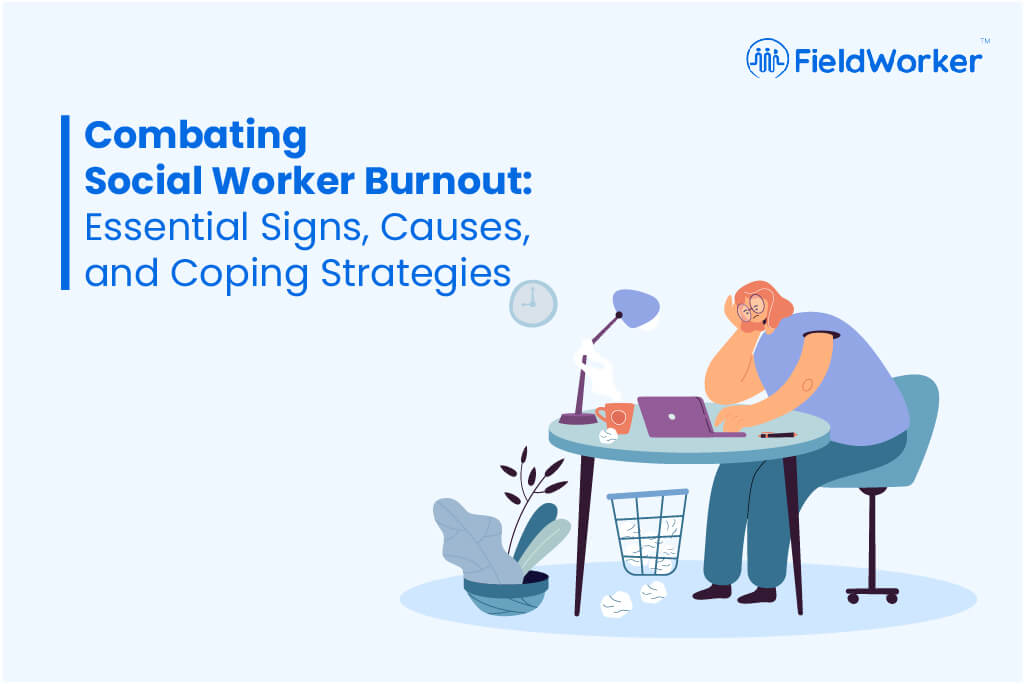Understanding the Signs of Social Worker Burnout
Although incredibly rewarding, social work can also lead to stress and emotional fatigue. Given the demands of our modern world, social worker burnout is becoming more common. The signs of burnout are mental, emotional, and physical exhaustion, as well as an increasing sense of inefficiency and apathy that could hinder productivity and reduce the sense of fulfillment that comes from this rewarding job.
Recognizing Compassion Fatigue
The signs of burnout are not something to ignore. From feeling stressed and angry to suffering from fatigue and insomnia, the warning signs of burnout indicate an urgent need for self-care strategies.
Some signs and symptoms of social work burnout include:
- Physical and emotional exhaustion or burnout
- Feeling ineffective as a social worker
- Lack of patience and focus
- Loss of enthusiasm for the work
- Heightened irritability
- Feeling emotionally drained
- Sleep issues/fatigue
- Loss of inspiration
- Feeling distracted or unable to focus
- Increased cynicism or negativity
- Depression
- Anxiety
Exploring the Causes
The reasons for burnout are numerous, ranging from the high burden of cases and demanding work expectations to the emotional toll of having to deal with abuse, trauma, and inequity of clients. Knowing the triggers that cause burnout can be the initial step to solving the problem.
- Increased client needs
- High caseloads
- Low wages
- Limited resources
- Organizational structures and stressors
- Ethical dilemmas
- Workplace conflict
- Funding concerns
- Unsafe situations
- Inability to detach from clients’ issues
- Secondary trauma
- Exposure to abuse, poverty, and social and racial inequities
- Financial stress
- Funding requirements
- Deadlines
- Ethical imperative to respond to social justice concerns
- Culture of overwork
Strategies for Prevention and Coping
To meet all the pressures of working in social services and to avoid burning out, try these strategies:
Applying these strategies you have learned is essential to maintain your enthusiasm and efficiency in your social work.
FieldWorker: A Partner in Your Professional Journey
As you navigate these challenges, remember that FieldWorker is here to support you. Our solutions are designed to ease the administrative burden, allowing you to focus on what truly matters: providing high-quality care without compromising your wellbeing. FieldWorker empowers social workers by streamlining documentation, optimizing case management, and simplifying compliance processes.
Let us help you manage your workload so you can take the necessary steps to care for yourself while you care for others. Visit www.fieldworker.ai and discover how we can be part of your self-care strategy.
Closing Thoughts
Keep in mind that dealing with social worker burnout isn’t only about individual strength; it’s about creating a space for professionals to thrive. Begin implementing these strategies today and take a step toward a healthier and more sustainable career in social work.

